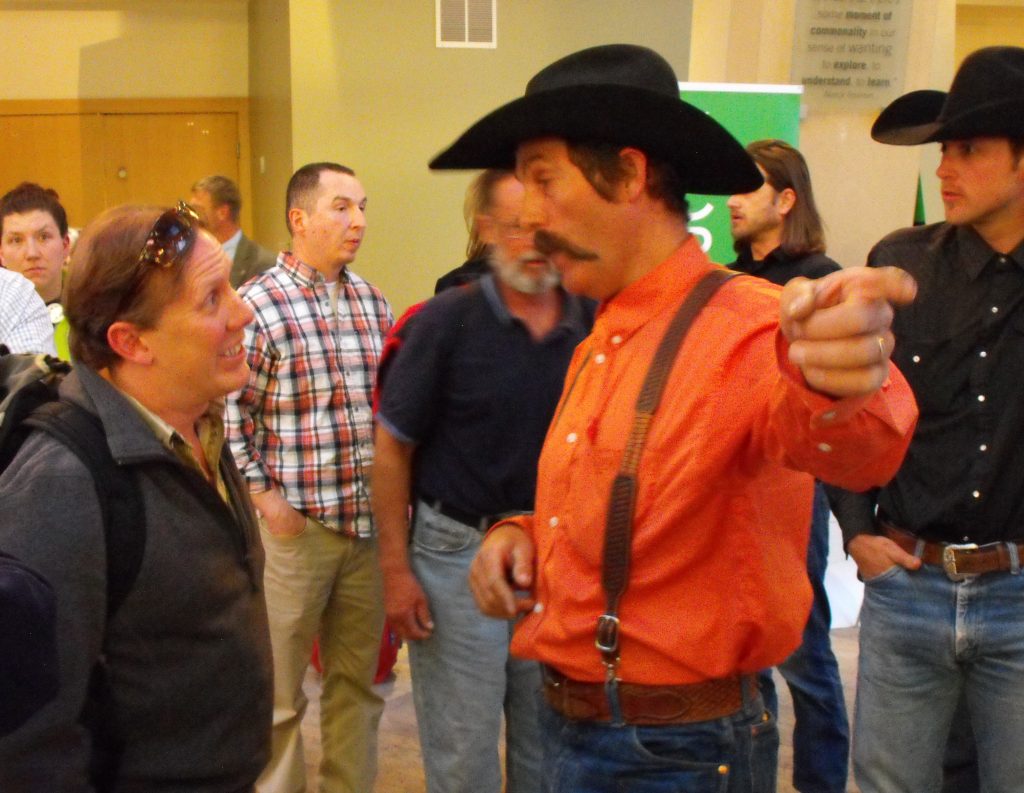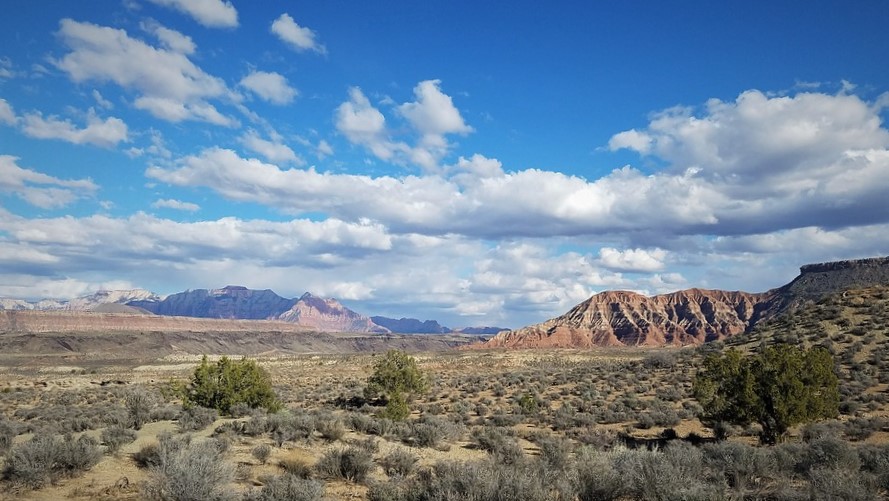Judge Blocks Hammonds’ Grazing Permits

A federal judge has issued a temporary restraining order prohibiting Steven and Dwight Hammond from grazing cattle on four federal allotments in Oregon. The Hammond’s grazing permits were revoked in 2014 but were restored in January of this year by outgoing Interior Secretary Ryan Zinke.
In May, environmental groups Western Watersheds Project, Center for Biological Diversity and Wildearth Guardians sued the Department of Interior claiming the government violated its own policies in restoring the Hammonds’ permits. Judge Michael H. Simon issued the temporary restraining order Tuesday, June 3, and set June 28 as the date he will hear arguments regarding a longer-term preliminary injunction against grazing while the lawsuit is pending.
The Hammonds were the focus of a lengthy federal trial that convicted them of setting fires on BLM land in 2012, and the two spent several months in prison. After their release in 2015, federal prosecutors appealed the sentences, noting that under the statutes the Hammonds should have served 5-year mandatory terms.
Their return to prison in January 2016 sparked the occupation of the Malheur National Wildlife Refuge in Oregon led by Ammon and Ryan Bundy. President Trump pardoned the Hammonds in July 2018.
Issuing the restraining order, Judge Simon said the environmental plaintiffs have shown a substantial likelihood or irreparable harm if cattle are turned out on the public allotments on June 7 ad July 1 as planned.
Lawyers for the federal government argued that the environmentalists lacked justification for a temporary restraining order. Stephen Odell, the government’s attorney, said it is unlikely the environmentalists can prove that grazing will cause irreparable harm to the greater sage grouse and redband trout, which are the sensitive species in the area. Their allegations of irreparable harm are based on “generic” testimony of the plaintiffs’ expert, Clait Braun, who did not distinguish between proper and improper grazing or visit the allotments, Odell said.
“He’s never examined the habitat about which he’s purporting to make expert assertions,” Odell said.
Most rangeland health standards have been met for the Mud Creek Allotment, where the plaintiff seek to prevent cattle from being released on June 7, the government said. While the allotment has fallen short of the rangeland health standard for protected and sensitive species, that wasn’t caused by grazing but rather due to sagebrush habitat suffering from the encroachment of juniper, invasive weeds and fire, the agency said.


